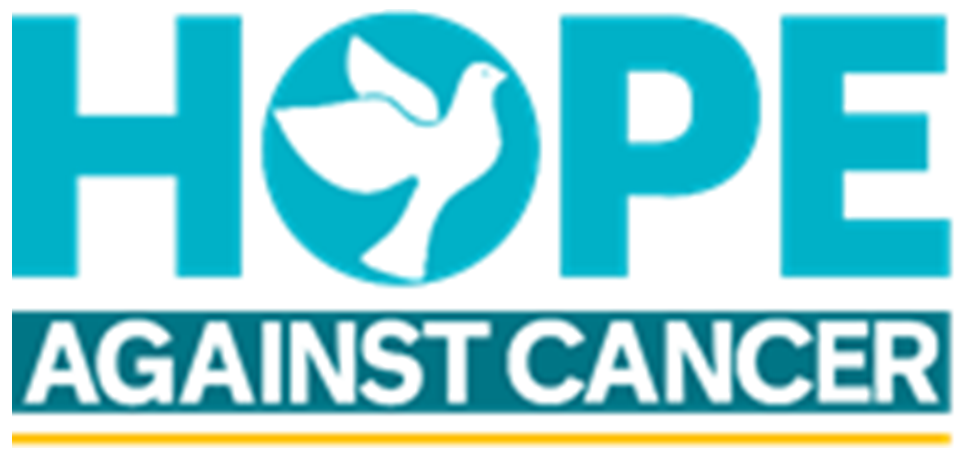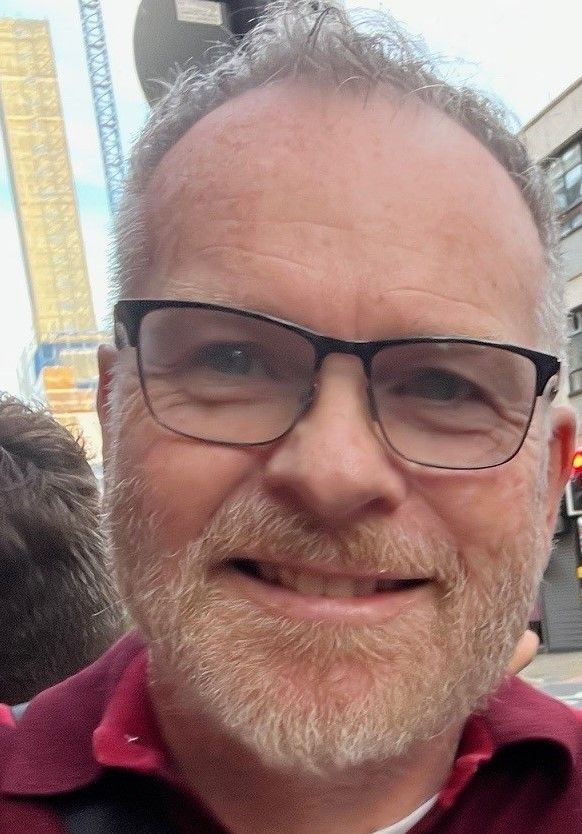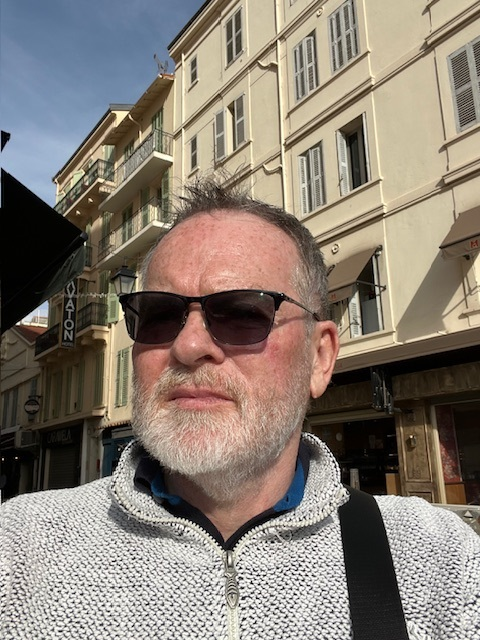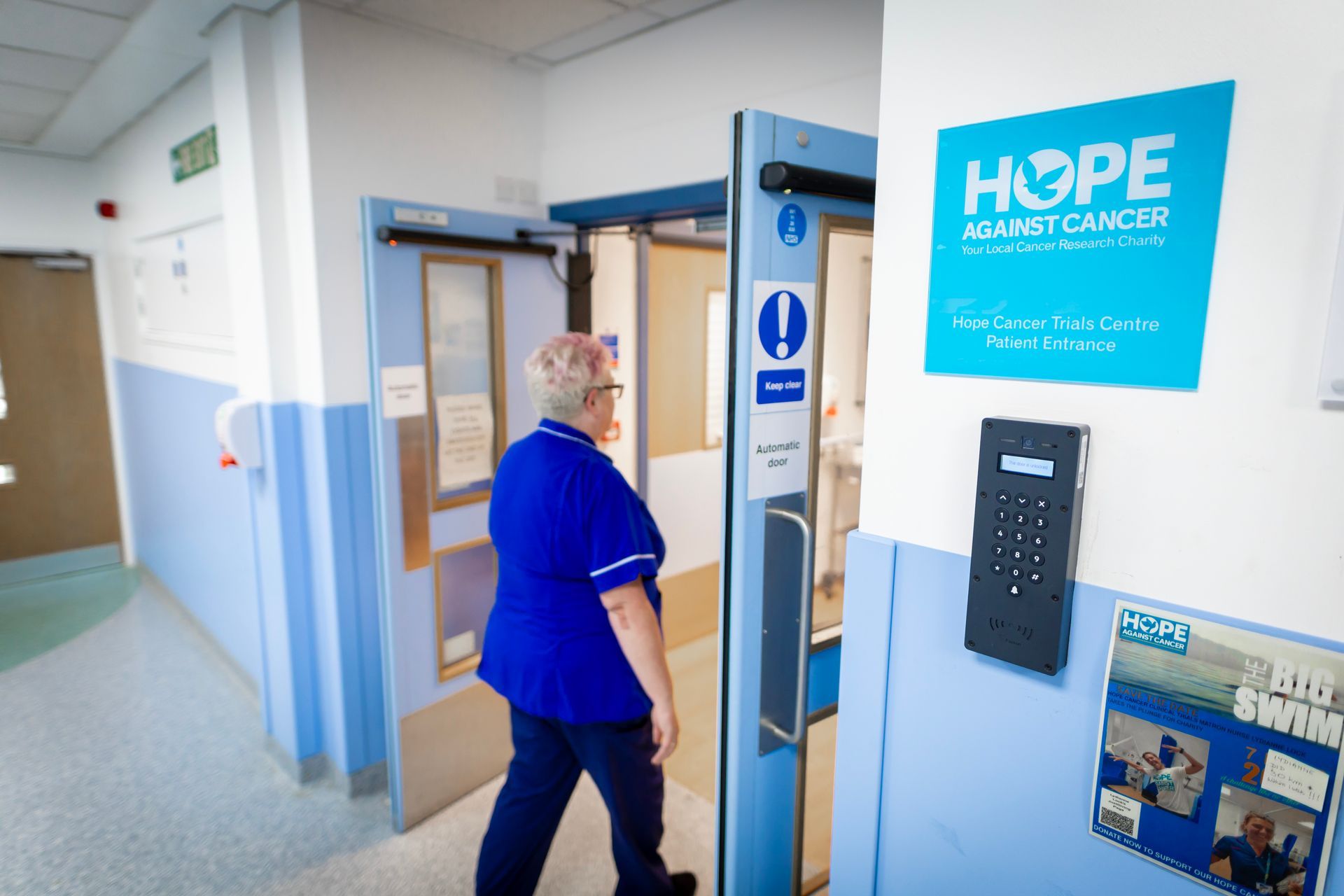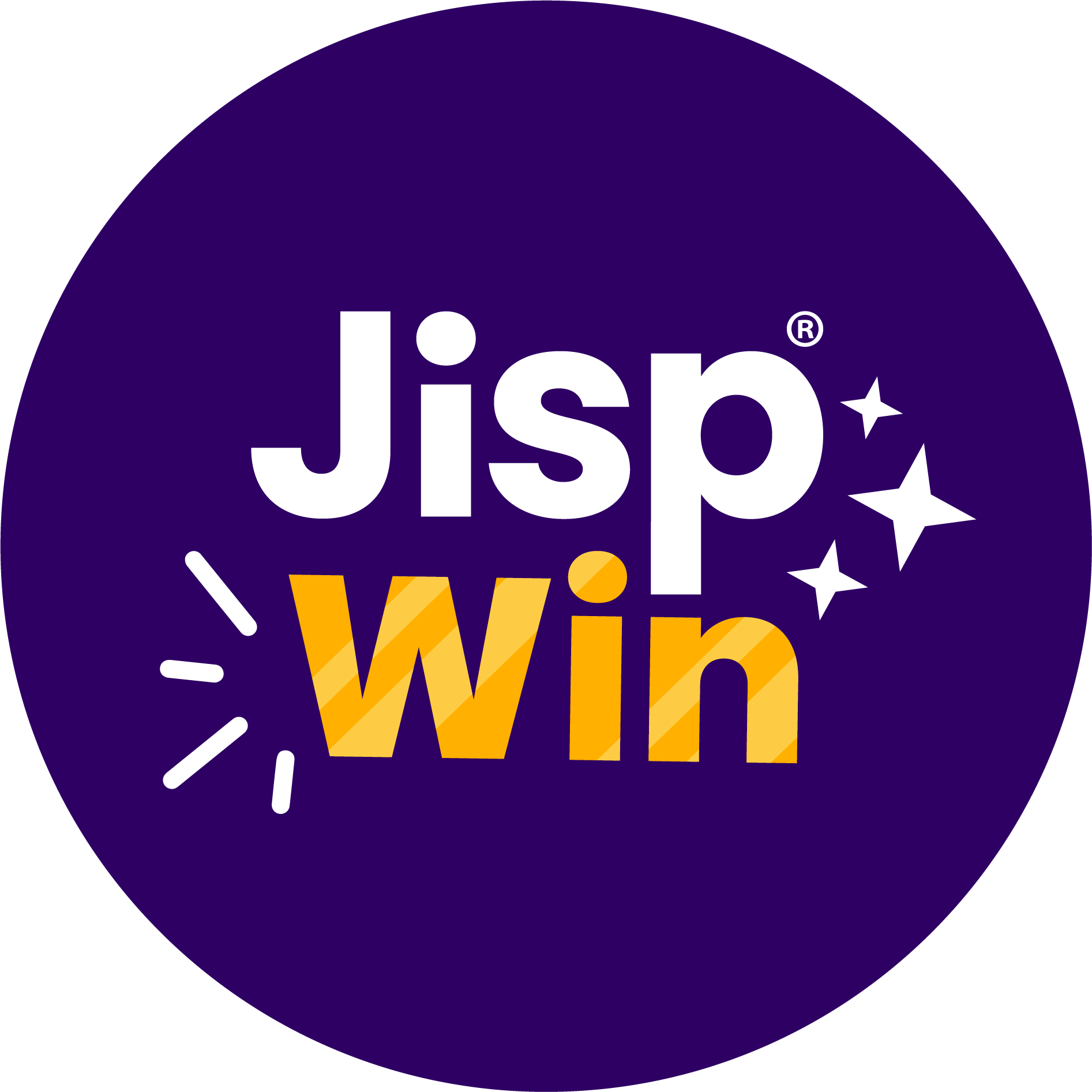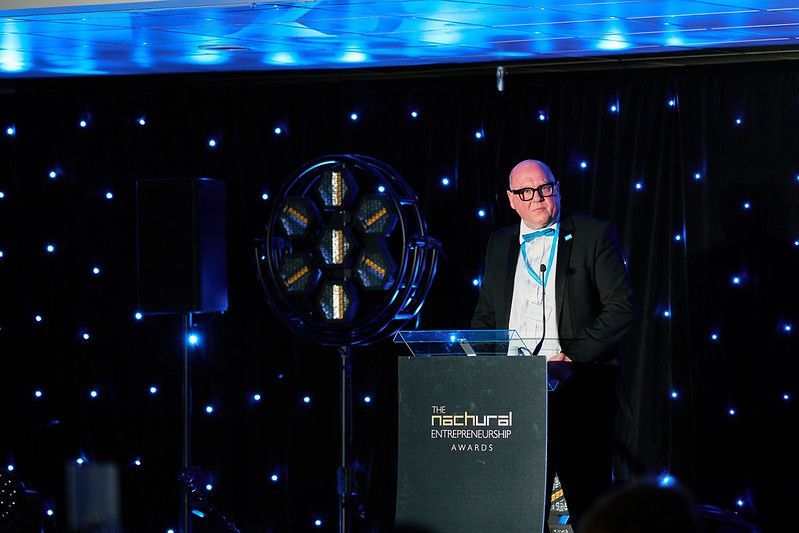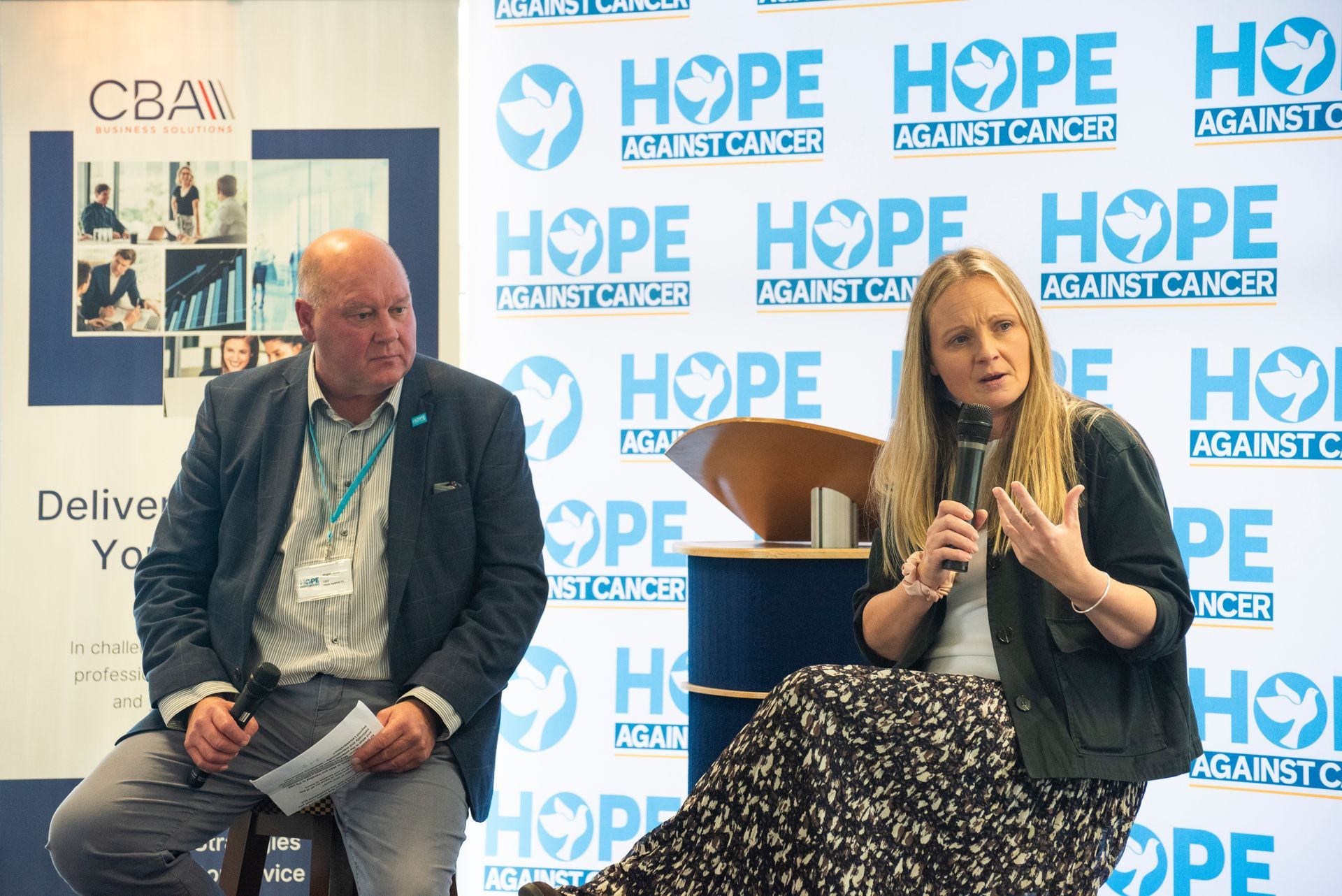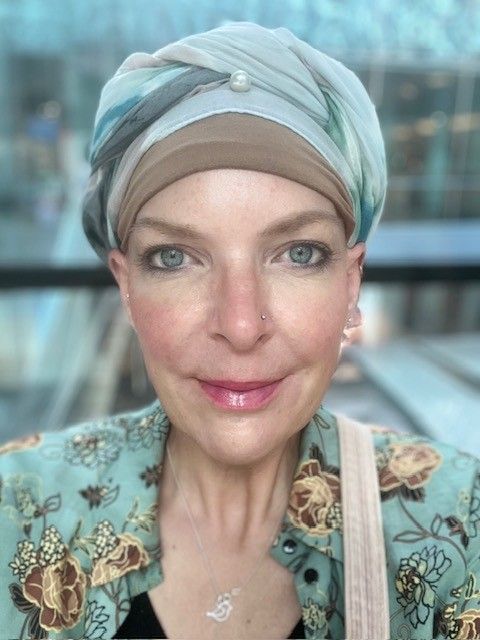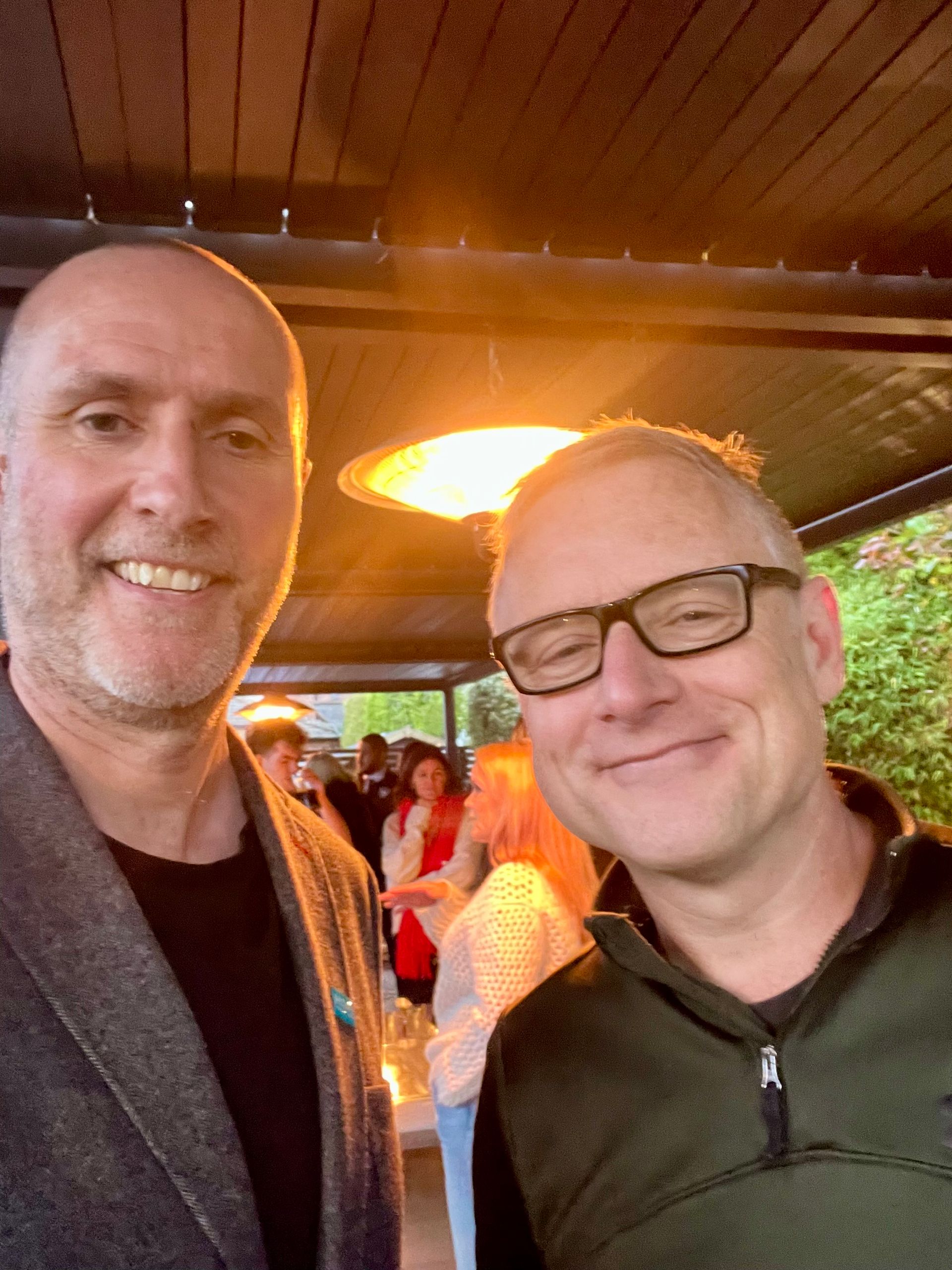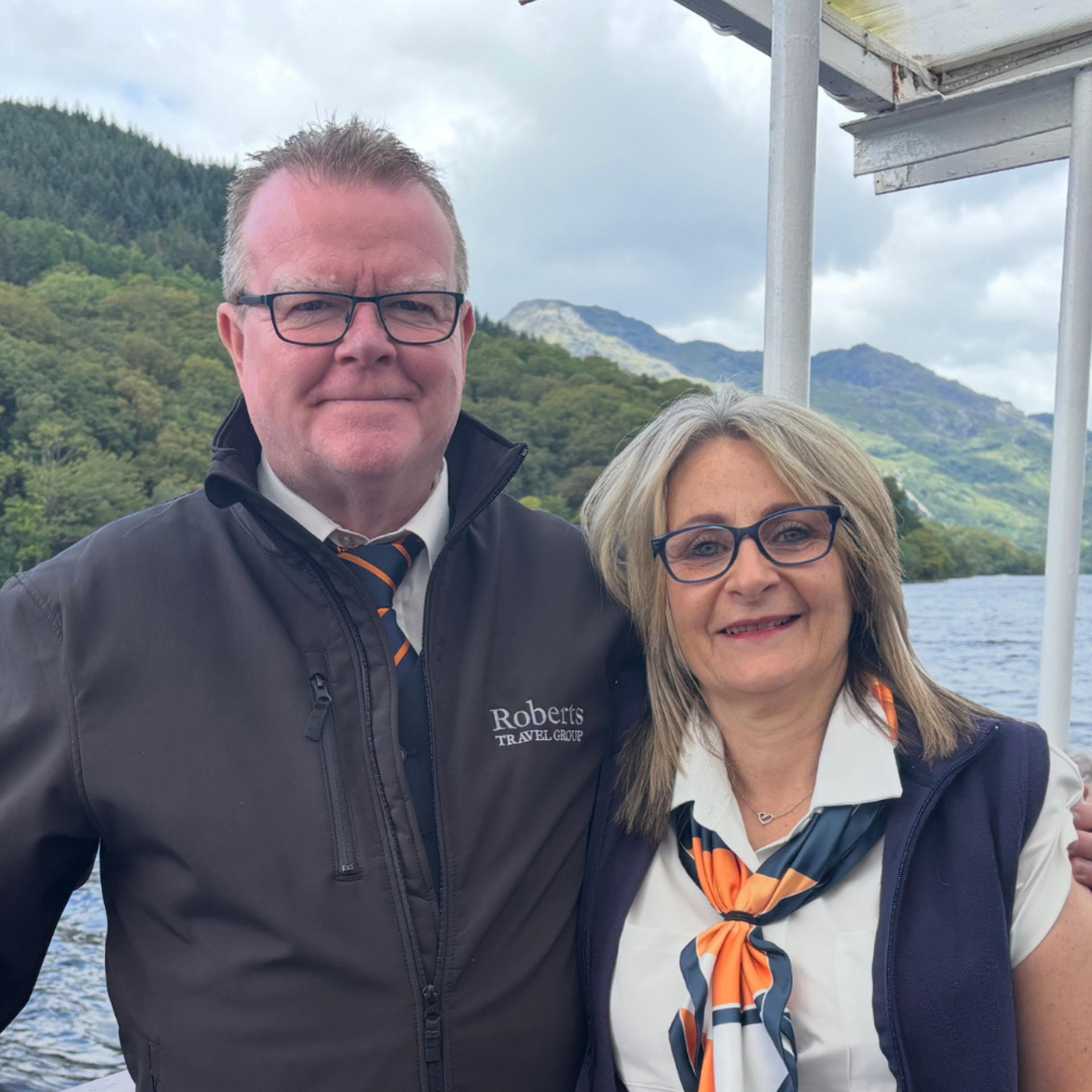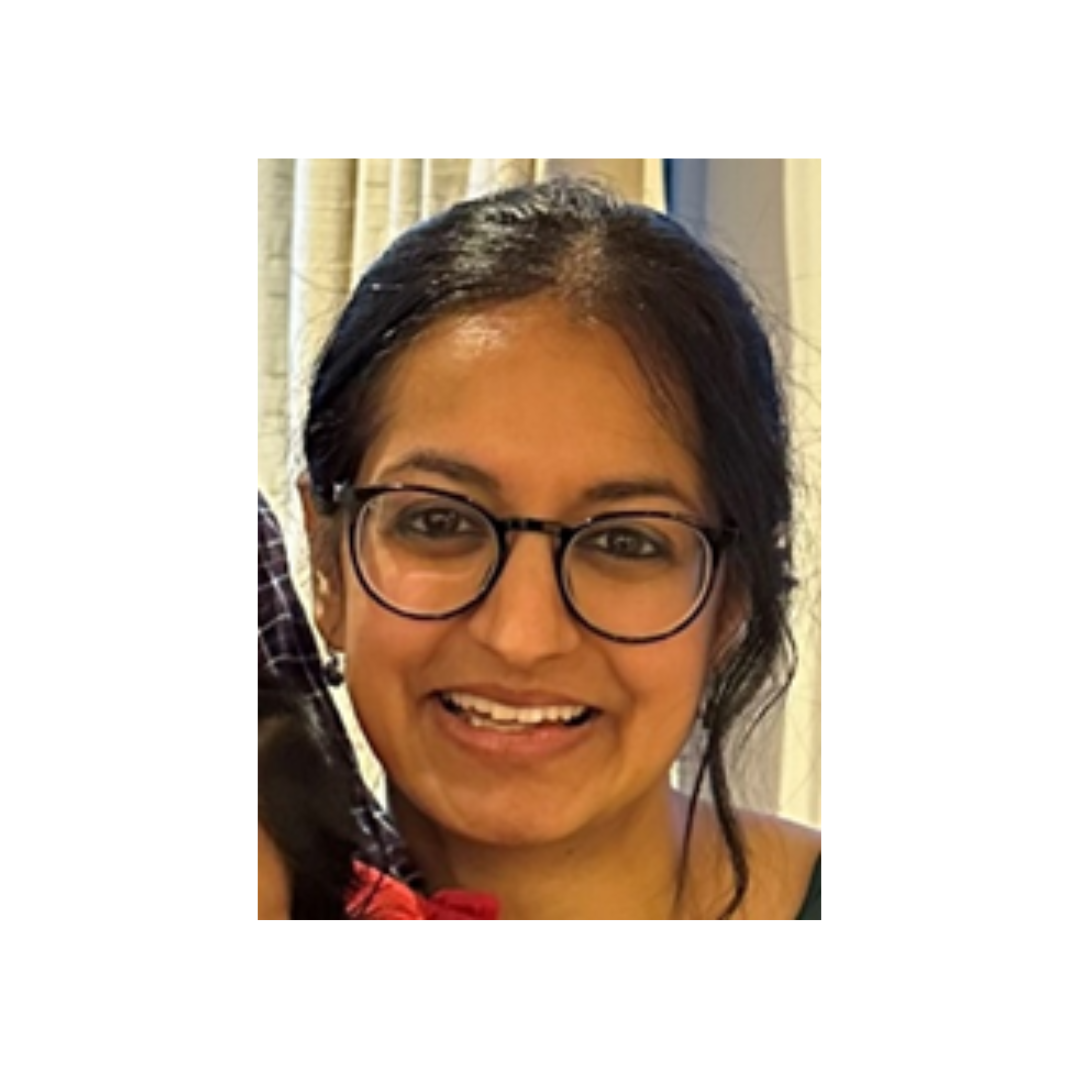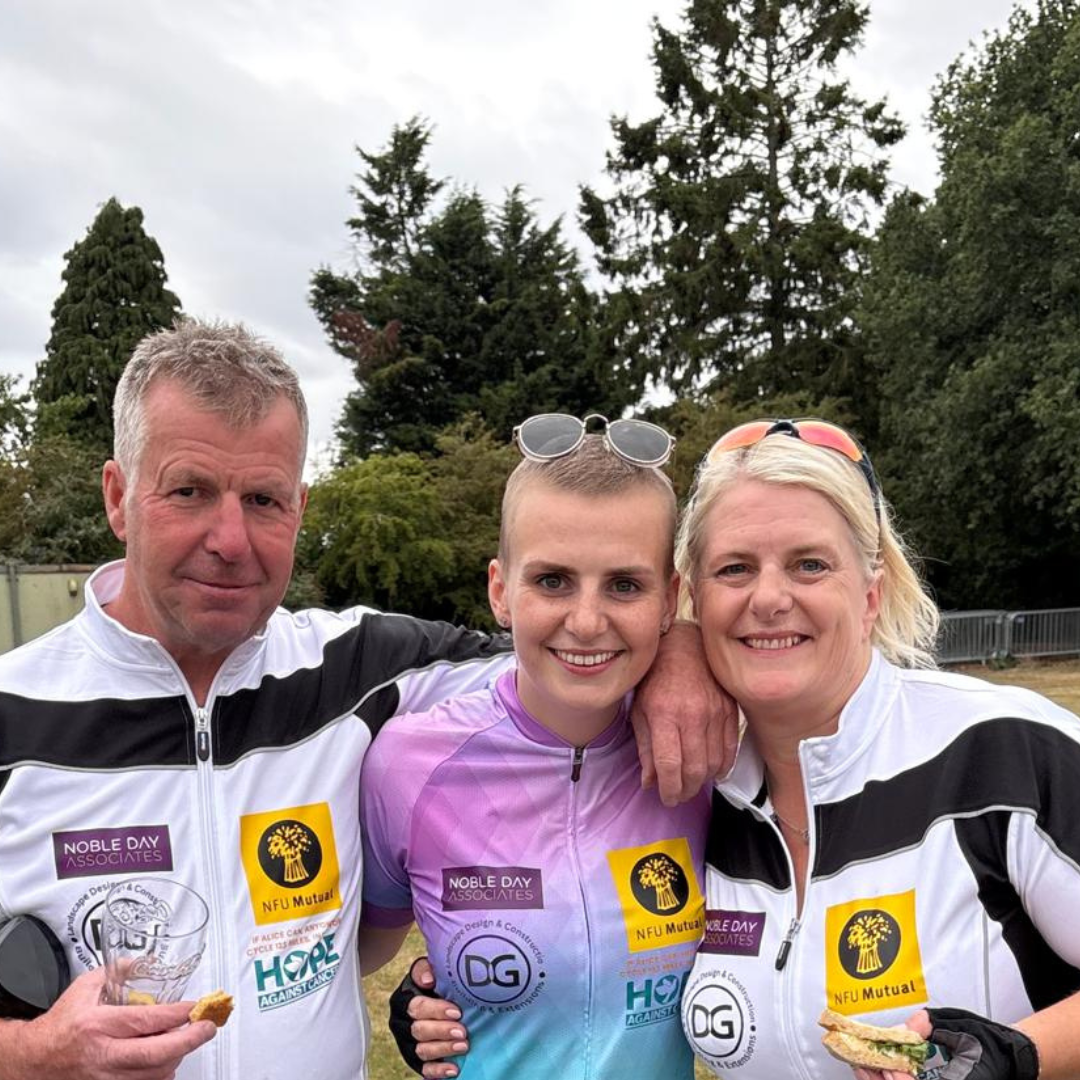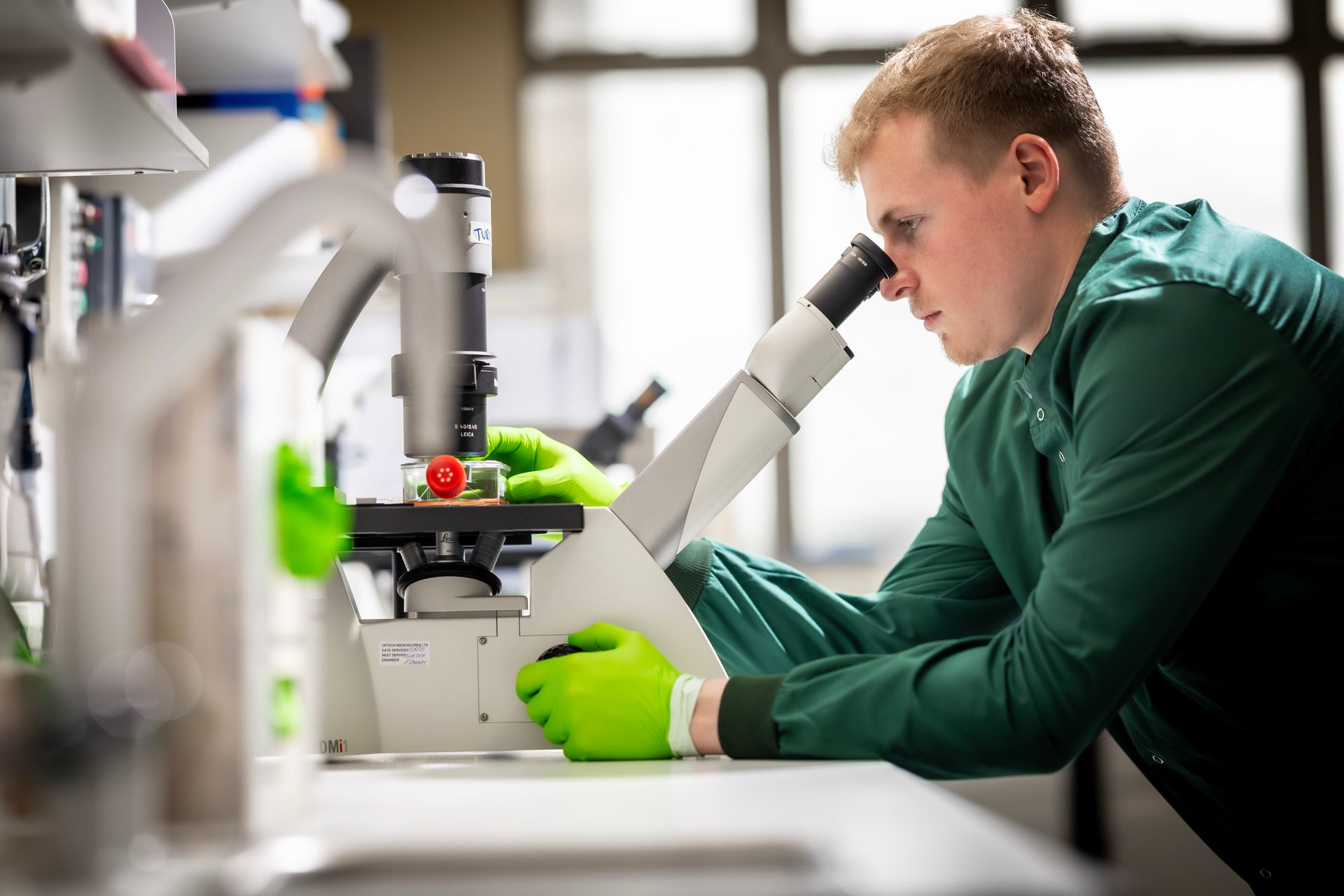Why We Do What We Do - Part IV
The team at the Centre were always on hand and Michael said that they do “amazing work. They are so knowledgeable and supportive, always willing to go the extra mile to make me feel welcome and comfortable.”
This story has been told to us by Michael, it is his very personal experience of cancer and highlights the importance of why we do what we do and why it is vital that we continue to fund and support the cancer research and clinical trials that can change lives.
Michael was on a trial at the Hope Cancer Trials Centre at the Leicester Royal Infirmary between January 2019 and July 2020.
The trial was named: ‘A trial of ibrutinib with rituximab for chronic lymphocytic leukaemia (FLAIR)’ and considered variations of drugs to treat chronic lymphocytic leukaemia (CLL). This was a trial to compare the effectiveness of second line drug treatments with current chemotherapy in untreated patients with CLL.
Before such trials, the standard treatment for CLL was chemotherapy, with drugs as second line treatment. Researchers wanted to see if these roles could be reversed.
Michael was put forward by his consultant, Dr Kennedy.
He then went through a barrage of blood tests looking for biomarkers. The tests were designed to check if Michael exhibited genetic characteristics that would respond to the trial drugs.
Following acceptance onto the trial came computer randomisation. A computer randomises participants for different aspects of the trial as well as a control group.
Michael was treated with a drug named ibrutinib.
Throughout the process he was under constant surveillance with x-rays, bone marrow samples, ultrasounds and more – all to ensure that both the participants and the researchers understood what was happening.
Michael was first diagnosed with CLL in 2011. It was at an extremely early stage and he experienced the first aspect of CLL treatment named ‘Watch and Wait’.
During this period a person with CLL has regular blood tests to monitor the progress of the disease. CLL is one of the few cancers that does not benefit from early intervention.
For Michael, this Watch and Wait period would last seven years.
In 2017 his white blood count was trending upwards and in 2018 his doctor told him it was time to start treatment.
When asked about his feelings about going on a trial Michael told us that he was a little nervous. The drugs being tested were incredibly powerful and he wondered about the side-effects.
He was fortunate that he found very little side effects and when, at one stage he did exhibit signs of an allergic reaction in the form of a head-to-toe rash, he was immediately treated at the Hope Cancer Trials Centre with steroids. (This was not due to the ibrutinib, it was due to a supplementary drug that he was given to prevent side effects)
The team at the Centre were always on hand and Michael said that they do “amazing work. They are so knowledgeable and supportive, always willing to go the extra mile to make me feel welcome and comfortable.”
Michael continued to say that he “owed them a tremendous amount and is endlessly thankful.”
He also wanted to say how fantastic the Haematology department at the LRI were during his treatment.
In the end Michael was unable to complete the trial. He also has Crohn's disease and a flare up of this meant that he needed to withdraw from the trial. Nevertheless, the drugs had proven their worth. His white blood cell count had reduced to normal and he returned to ‘Watch and Wait’ status.
In 2022 he needed to re-start treatment – and this time he was given venetoclax – which was a direct result of the outcomes of the trial he had started in 2019!
Michael is doing well and the drugs are keeping his CLL under control without the need for chemotherapy.
Hope Against Cancer is extremely grateful to Michael for speaking to us about his experience with cancer and the Hope Cancer Trials Centre. Such stories really bring home the importance of working towards improved treatments and helping more people to overcome cancer.
If you would like to help us continue to support local cancer research and care the benefits local people, please click here to donate.
John Nellis
Content and Communications Officer, Hope Against Cancer
